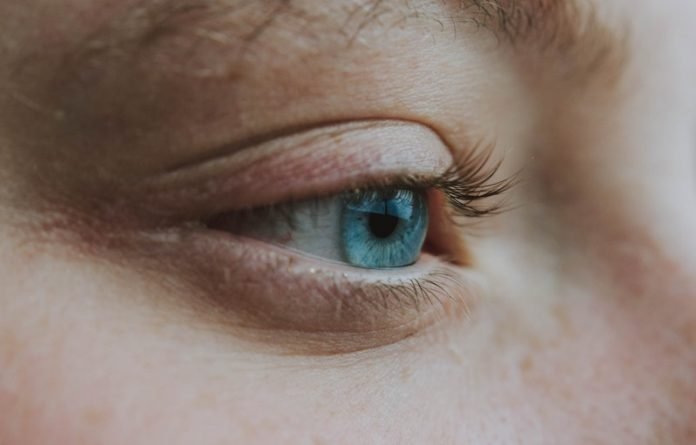
In a recent study from Flinders University and elsewhere, scientists found that the eyes may be able to signal neurodevelopmental disorders such as both attention deficit hyperactivity disorder (ADHD) and autism spectrum disorder (ASD).
They found that recordings from the retina could identify distinct signals providing a potential biomarker for each condition.
ASD and ADHD are the most common neurodevelopmental disorders diagnosed in childhood.
But as they often share similar traits, making diagnoses for both conditions can be lengthy and complicated.
In the study, researchers used the electroretinogram (ERG)—a diagnostic test that measures the electrical activity of the retina in response to a light stimulus.
They found that children with ADHD showed higher overall ERG energy, whereas children with ASD showed less ERG energy.
The team says the preliminary findings indicate promising results for improved diagnoses and treatments in the future.
Retinal signals have specific nerves that generate them, so if researchers can identify these differences and localize them to specific pathways that use different chemical signals that are also used in the brain, then they can show distinct differences for children with ADHD and ASD and potentially other neurodevelopmental conditions.
This study delivers preliminary evidence for neurophysiological changes that not only differentiate both ADHD and ASD from typically developing children, but also evidence that they can be distinguished from each other based on ERG characteristics.
According to the World Health Organization, one in 100 children has ASD, with 5 to 8 percent of children diagnosed with ADHD.
ADHD is a neurodevelopmental condition characterized by being overly active, struggling to pay attention, and difficulty controlling impulsive behaviors.
ASD is also a neurodevelopmental condition where children behave, communicate, interact, and learn in ways that are different from most other people.
If you care about ADHD, please read studies about ADHD related to these unhealthy diets and how to make ADHD less stressful for the family.
For more information about brain health, please see recent studies about exposure to this stuff in pregnancy linked to a high risk of ADHD, and autism, and results showing common supplements may reduce depression, schizophrenia, and ADHD symptoms.
The research is published in Frontiers in Neuroscience and was conducted by Dr. Paul Constable et al.
Copyright © 2022 Knowridge Science Report. All rights reserved.



